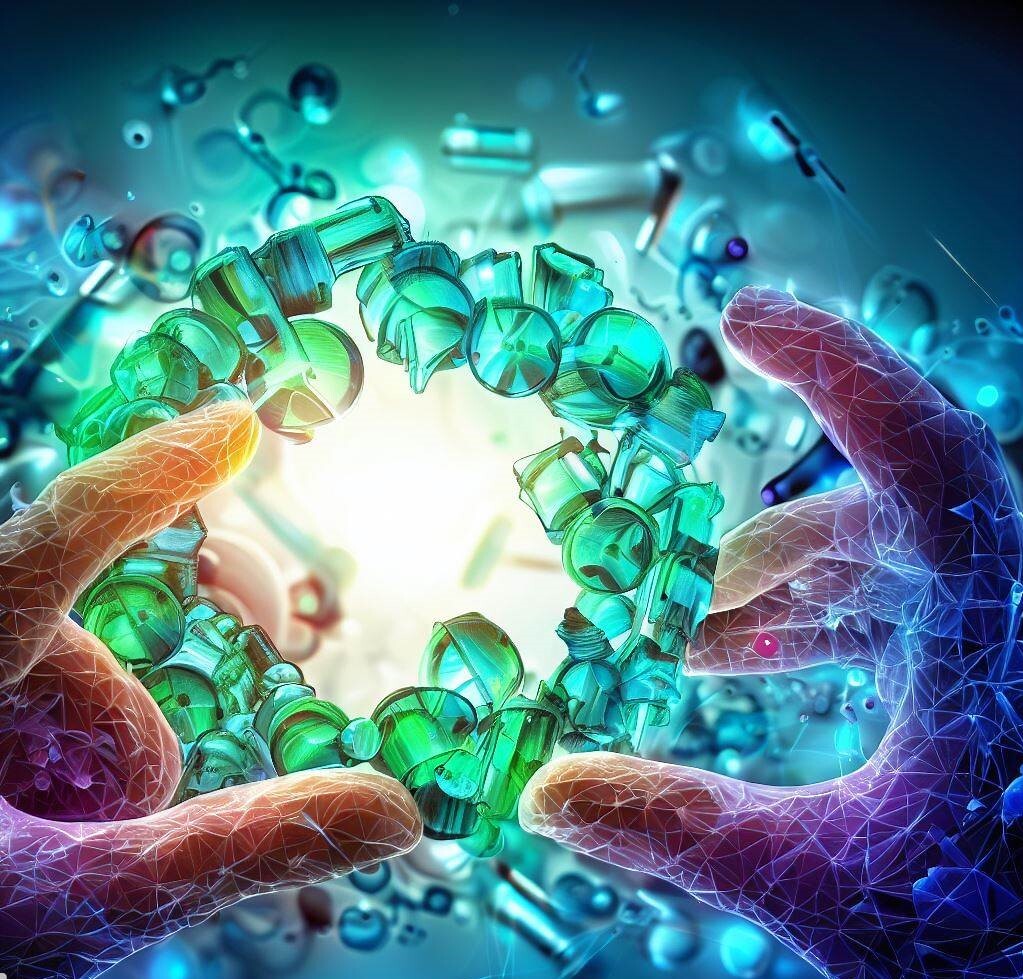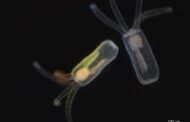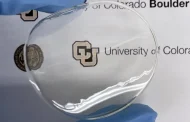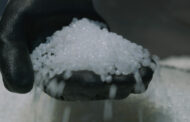
via Bing Image Creator
UF-led research makes major leap toward greener future
A team of researchers led by BRENT SUMERLIN, the George B. Butler Professor in the Department of Chemistry, has made a breakthrough with the potential to transform how we recycle plastics. Their innovative approach to working with polymers has led them to develop a new method for recycling that promises to lower the energy requirement without sacrificing the quality of the plastic.
It’s no secret that the U.S. and the Earth at large have a pressing plastic problem. Despite a meteoric rise in usage over the past few decades, only about 10% of our plastic currently ends up getting recycled.
“Our work is a response to the call to action proposed by the United Nations’ Sustainable Development Goals,” said Sumerlin. “New recycling strategies have become imperative to reduce the negative impact of plastic on the environment.”
The plastic recycling process typically involves three key stages: collection, sorting, and reprocessing. Collection of consumer waste relies on individuals placing recyclables into designated bins, which are later picked up by recycling collectors. Subsequently, sorting takes place at recycling plants, where workers organize the collected plastics to sift away the non-plastic materials and group similar plastics together for reprocessing.
Sumerlin’s team targeted the problems often encountered in the final reprocessing stage, where the sorted plastics are typically broken down into smaller pieces before being melted together and molded to create new products. This approach often produces lower-quality recycled plastic, as the polymer molecules that comprise these plastics are broken down into shorter segments.
Instead of this industry-standard thermal reprocessing, Sumerlin’s team explored a different approach called chemical recycling. Their experimental yet promising strategy induces depolymerization of the polymers so that they revert completely back to the much smaller monomer molecules from which they were originally made. The resulting monomer can then be used to prepare new polymers with similar or better properties than the plastics from which they were derived.
While this approach has already proven to be industrially feasible, Sumerlin’s team of graduate students developed a completely new method that dramatically lowers the energy required to achieve depolymerization. This experimental work was carried out by a team of researchers in Sumerlin’s group and was led by graduate students JAMES YOUNG and RHYS HUGHES.
“Not only does this allow recycling of plastics with less energy, but it also enables access to plastics of even better quality,” said Sumerlin.
Polymer research at UF has continued to receive significant attention and funding in recent years. In April, Sumerlin and colleague AUSTIN EVANS received a prestigious MURI Grant from the Department of Defense to propel their research in this field. These groundbreaking discoveries may be just the first steps toward unlocking the full potential of polymers. For now, thanks to the efforts of Sumerlin and his team, the future of recycling is ablaze with possibilities, promising a greener and more sustainable tomorrow.
Original Article: Breakthrough Polymer Research Promises to Revolutionize Recycling
More from: University of Florida
The Latest Updates from Bing News
Go deeper with Bing News on:
Polymers recycling
- Proof of concept study shows path to easier recycling of solar modules
The use of femtosecond lasers to form glass-to-glass welds for solar modules would make the panels easier to recycle, according to a proof-of-concept study conducted by researchers at the U.S.
- Scientists claim ‘breakthrough’ separating plastics from e-scrap
Dutch tech research institute TNO has developed a new method it says could drastically transform the landscape of electronics recycling. With an ...
- Prioritise mechanical recycling over chemical, says BIR
Mechanical recycling must be the preferred method for recycling plastics on a large scale, the Bureau of International Recycling has asserted. It is also ...
- A Giant Plastics Chemical Recycling Plant Planned for Pennsylvania Died After Two Years. What Happened?
Encina said it’s reviewing new, bigger locations overseas, and chasing growing demand. Critics see multiple fatal flaws with its plans.
- SABIC makes strides in recycling used medical plastic
A proof-of-concept pilot project was conducted in collaboration with the dialysis department at Jessa Hospital in Belgium.
Go deeper with Bing News on:
Chemical recycling
- How Green Mineral's 'chlorella' technology could transform battery recycling
Jung Kwang-hwan, CEO of Green Mineral, is pioneering a chlorella technology to extract lithium from used EV batteries, providing an environmentally friendly and cost-effective solution for battery ...
- Activists celebrate as plans for a chemical recycling plant are cancelled
A group of activists in central Pennsylvania is taking the win as a company decides not to move forward with its plans to build a chemical recycling plant in their community.
- BIR advocates for a “harmonised definition” for chemical recycling
The Bureau of International Recycling (BIR) has published its latest position paper on chemical recycling. Formed through collaborative efforts with BIR national member associations, the paper ...
- Prioritise mechanical recycling over chemical, says BIR
Mechanical recycling must be the preferred method for recycling plastics on a large scale, the Bureau of International Recycling has asserted. It is also ...
- A Giant Plastics Chemical Recycling Plant Planned for Pennsylvania Died After Two Years. What Happened?
Encina said it’s reviewing new, bigger locations overseas, and chasing growing demand. Critics see multiple fatal flaws with its plans.







